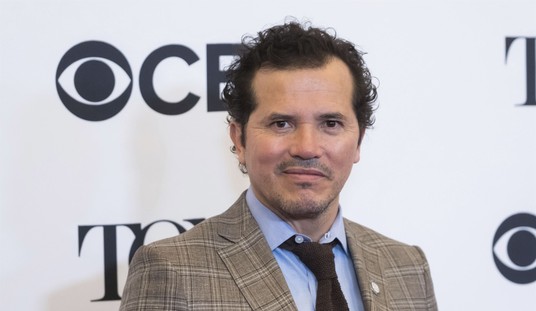This phrase from my marxist days – I think it’s buried somewhere in Mao’s essay “On Contradiction” – has been runing around in my head of late. It popped up again this morning when I read the article Week in Review > The Public Editor: Is The New York Times a Liberal Newspaper?” href=”http://www.nytimes.com/2004/07/25/weekinreview/25bott.html”>Is The New York Times a Liberal Newspaper? by their in-house scold Daniel Okrent.
Not to me it isn’t. It’s a rather stuffy, old fashioned paper, although often packed with interesting information. Its brand of liberalism represents a form of thinking that hasn’t changed much from “the 1968 sensibility” and has now settled into a world view that will not countenance anything that will disrupt that. (You could call it the “Zabar’s zeitgeist.”) Okrent centers on the lifestyle criticisms of the Times from outlanders, wondering aloud whether the paper is too “liberal” or “urban” (as its publisher Arthur O. Sulzberger Jr. puts it). He uses gay marriage as an example. But I think the Times’ stand on gay marriage, which I support, and similar social issues are weirdly stunted by their foreign policy position, which can be construed as reactionary. In their fusty anti-anything-Republican text and subtext, they do their best to ignore what is far and away the best argument for the War in Iraq and the War on Terror in general — to preserve and extend to the rest of the world those very freedoms (for women, homosexuals and everybody else) that the paper trumpets in its “urban-ness.”
Talk about “On Contradiction”! People of the “Zabar’s zeitgeist” find it almost constitutionally impossible to acknowledge the other side “did the right thing.” As one who spent nearly his entire life with that view, I can assure you that’s the sad (parochial) truth.
For this reason, they will end up giving tremendous space and blind acceptance to obvious prevaricators who support what they think is their side (Joseph C. Wilson), while doing their best, at least for a while, to change the subject on embarrassments to what they believe to be their own cause (Sandy Berger). And, of course, the UN Oil-for-Food scandal is seemingly far less important to them than Enron, although UNSCAM, objectively, has vastly greater implications for humanity.
One of the ironies here is that in 1968 The Times only partly had that point of view itself. It is my generation — the “babacool,” as the French call us (a much more amusing term than “Boomers”) — that finally pushed it over the edge. But don’t blame Bill Keller for this. He has improved on Howell Raines to some extent. The Boomer in Charge of The New York Times is not its managing editor. It is its publisher, Sulzberger. (Okrent, to his credit, hints at this.) “Freedom of the press,” in the immortal words of Liebling, “belongs to the man who owns one.” The New York Times may be a publicly traded company, but short of a massive stockholder rebellion, Arthur Jr. is calling the shots.
Now, even with all that, I have to say – what’s the big deal? The New York Times is only one newspaper and that should be the point. The idea that it is the “newspaper of record” should be over and it should not be replaced by another organ (no transplants, please!). In a free society, no one outlet deserves that much power. And, yes, I’ll still read the Times every day, just as I’ll read The Wall Street Journal and Instapundit. As Mao would have it, “Let A Hundred Flowers Bloom!” (with an RSS feed).









Join the conversation as a VIP Member